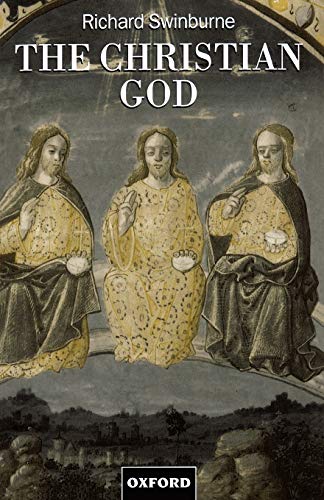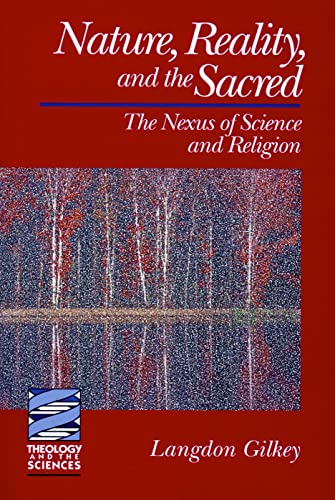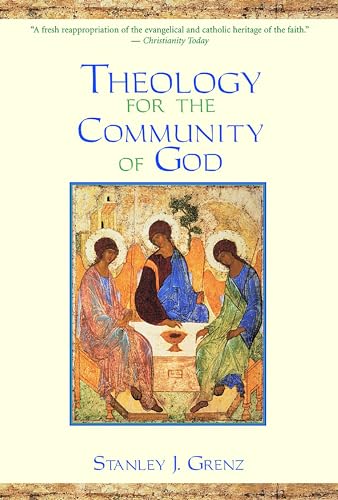The Scandal of the Evangelical Mind
Written by Mark A. Noll Reviewed By Craig BlombergNoll is arguably one of the top two or three evangelical church historians in the US today, and he has pulled no punches in ‘telling it like it was and is’ as he recounts the dismal history of recent intellectual life in American evangelicalism.
While Noll frequently points out the contrasting influences in British history, there are enough parallels for UK evangelicals to take his warnings seriously, too, as well as to understand the unique backgrounds of the ‘American invasion’ in British Christian circles. In short, things fell apart during the 1920s’ fundamentalist-modernist controversy. American evangelicals abdicated their responsibility of interacting thoughtfully and critically with the full range of disciplines in the university curriculum, so that they no longer have a significant voice in modern media or culture.
Most to blame, from Noll’s perspective, was dispensationalism, with the holiness movement and charismatic theology close runners-up. Since the war, and often spurred on by the British, evangelicals have reclaimed substantial ground in the distinctively theological arenas but have done far less well in other academic disciplines. Worst of all is the débâcle of ‘scientific creationism’, which is acceptable neither as legitimate science nor as appropriate biblical interpretation, and is largely the product of modern Seventh-Day Adventism! Evangelical involvement in the arts and in nuanced political thought (as opposed to activism) have done only a little better. Philosophers are one of the few shining exceptions; significant evangelicals (e.g. Alvin Plantinga in the US and Basil Mitchell in the UK) are taken seriously and ranked among the giants in their field.
Can we change? The volume holds out only modest hope, based on our track record, but appeals forcefully for us to learn from other Christian intellectual traditions and the cross-cultural insights of missiologists and Third-World Christians so that we might better distinguish between what is essential from what is merely distinctive about evangelical Christianity.
Craig Blomberg
Craig Blomberg
Denver Seminary
Denver, Colorado, USA







